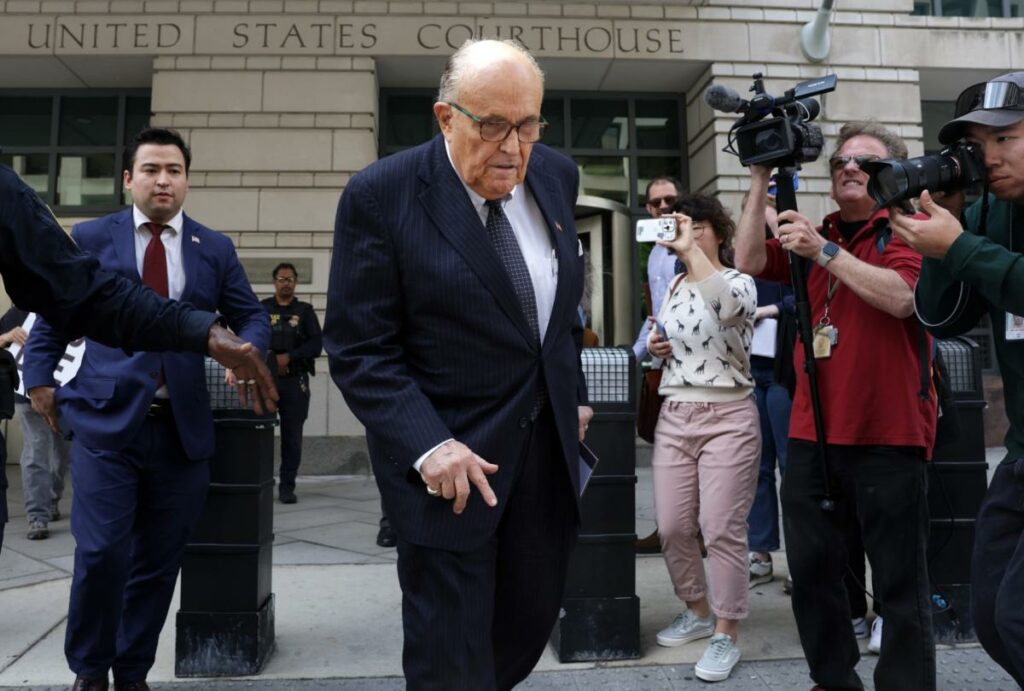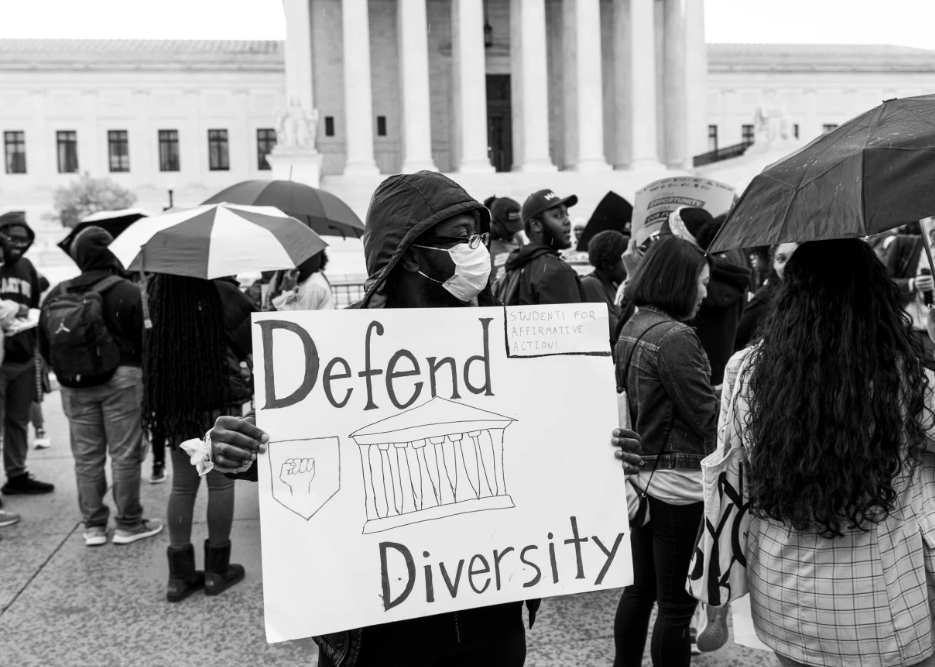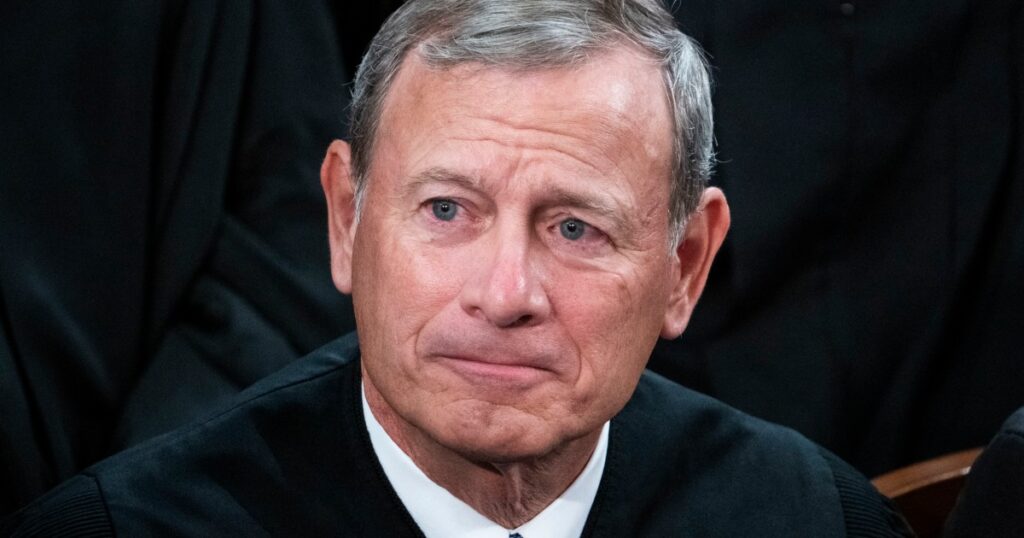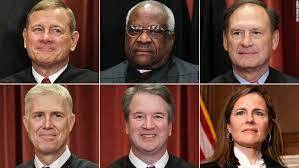Senator Tommy Tuberville of Alabama has been making headlines recently for his controversial statements and actions. While he claims to be “totally against racism,” his track record suggests otherwise. Tuberville has been criticized for his comments on white nationalism in the military and his obstruction of military promotions. Despite facing backlash, Tuberville has doubled down on his views, only to backtrack later. This raises questions about his understanding of contemporary conservative rhetoric on race. Republicans have learned that they can’t be too explicit in their racism, but they can still stir up outrage against efforts to address racism against nonwhite people. They present their initiatives as the true opposition to racism, such as dismantling affirmative action to prevent race-based discrimination. Another tactic is to focus on the perceived unfair accusations of racism against white people, which feeds into conservative victimhood narratives. This is evident in Tuberville’s skepticism of white nationalists in the military, despite evidence suggesting their presence. Republicans have even defended Confederate symbols and names, claiming to protect tradition against “political correctness.” However, their true intention seems to be stoking fear and anger among white voters for political gain. Tuberville’s case serves as a lesson for Republicans that they must be more careful with their race-baiting tactics. While he may not change his beliefs, he may think twice about what he says in the future.
Tommy Tuberville’s Candid Admission: A Revealing Revelation
In the world of politics, where carefully crafted speeches and guarded statements are the norm, it is rare to witness a candid admission from a public figure. However, recently, former Auburn University football coach and current U.S. Senator Tommy Tuberville made a revealing revelation that has sparked both surprise and controversy.
During a radio interview, Tuberville openly admitted that he was not well-versed in the United States Constitution, a document that serves as the foundation of American democracy. This admission, coming from a senator who is responsible for upholding and protecting the Constitution, has raised eyebrows and ignited a debate about the qualifications and knowledge required of elected officials.
Tuberville’s admission is particularly striking considering his role as a lawmaker. As a senator, he is entrusted with the responsibility of making informed decisions on behalf of his constituents, decisions that often have far-reaching consequences for the nation. The Constitution, as the supreme law of the land, provides the framework for these decisions, ensuring that they are in line with the principles of democracy and the rights of the American people.
The revelation of Tuberville’s lack of familiarity with the Constitution raises questions about the effectiveness of the vetting process for political candidates. How did someone with such a crucial knowledge gap manage to secure a position of power? Shouldn’t there be a more rigorous assessment of a candidate’s understanding of the Constitution before they are entrusted with the responsibility of representing the people?
Furthermore, Tuberville’s admission highlights a broader issue within the political landscape – the prevalence of politicians who lack a deep understanding of the laws and principles they are meant to uphold. This revelation serves as a reminder that the pursuit of political power should not be divorced from a commitment to knowledge and expertise.
The consequences of having elected officials who are not well-versed in the Constitution can be detrimental to the democratic process. It can lead to ill-informed decision-making, the erosion of constitutional rights, and a lack of accountability. The American people deserve representatives who are knowledgeable about the laws that govern them and who can make informed decisions that align with the principles of democracy.
However, it is important to note that Tuberville’s admission, while concerning, also presents an opportunity for growth and improvement. It serves as a wake-up call for both politicians and voters alike. Politicians must prioritize a deep understanding of the Constitution and commit to ongoing education to better serve their constituents. Voters, on the other hand, should demand that their elected officials possess the necessary knowledge and expertise to fulfill their roles effectively.
In conclusion, Tommy Tuberville’s candid admission regarding his lack of familiarity with the United States Constitution is a revealing revelation that has sparked a necessary conversation about the qualifications and knowledge required of elected officials. It serves as a reminder that political power should not be divorced from a commitment to knowledge and expertise. Moving forward, it is crucial that politicians prioritize a deep understanding of the Constitution, and voters demand that their representatives possess the necessary knowledge to uphold the principles of democracy. Only then can we ensure that our elected officials are truly equipped to make informed decisions that serve the best interests of the American people.









